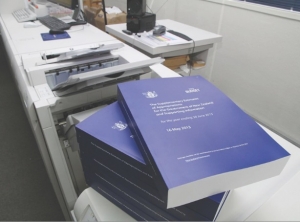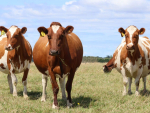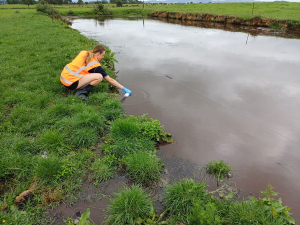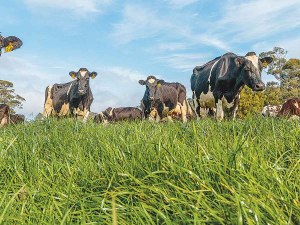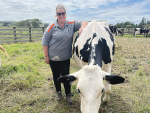From an economic perspective, the Government has essentially served up more of the same for the coming year: tight limits on spending, continued investment to support Christchurch’s recovery, more mixed ownership IPOs and modest spending to support the Government’s business growth agenda.
At face value there is little in the budget for the primary sector in general, or the dairy sector specifically. This is best demonstrated by there having been only one budget media release from the Minister for Primary Industries. This related to the budget’s confirmation of the Government’s pre-existing pledge to pay $80 million from the Future Fund as seed capital for irrigation schemes. The budget contained no new specific initiatives for the primary sector despite the Government’s desire to have exports lead the economy’s recovery.
Politically, the budget was a humdinger in which National ‘borrowed’ from Labour and the Greens policy ideas on poverty and housing that would appeal to ‘swing’ electors. It also showed National’s non-interventionist approach to government even when intervention opportunities present themselves, compared to the direct intervention policies proposed by the Labour/ Green opposition.
Looking through the funding plans set out in Vote Primary Industries, other than an allowance of $65 million for aquaculture settlements with iwi, the most notable feature is a $3.5 million reduction in funding for domestic and border biosecurity. In light of the recent report from the auditor-general on biosecurity preparedness we are surprised to see a real decrease in spending on this critical area in the budget.
A key component of the budget is the $400 million export focused growth package. This provides new funding for research and simplifies various programmes into two targeted schemes, depending on the scale of a company’s investment, which should somewhat benefit the primary sector. The export package also increases funding for promoting tourism and education, particularly in Asian markets.
We have argued in recent years, that the most significant contribution the government could make to developing primary sector export markets would be to fund companies to employ local people in Asia to grow market knowledge and assist in developing products that meet the needs of consumers. A fraction of the $200 million being spent on tourism and education could be transformational to many developing agri-food exporters growing their market positions in Asia.
The industry should be grateful that in general the Government is comfortable allowing it the freedom to take responsibility for its own future without loading it up with additional regulations and cost. The Government has indicated its desire to continue to work to reduce obstacles to investment and efficient business operation. This could be the greatest long term benefit of Budget 2013 for the industry.
• Ian Proudfoot is global sector leader for agribusiness, KPMG in New Zealand.

